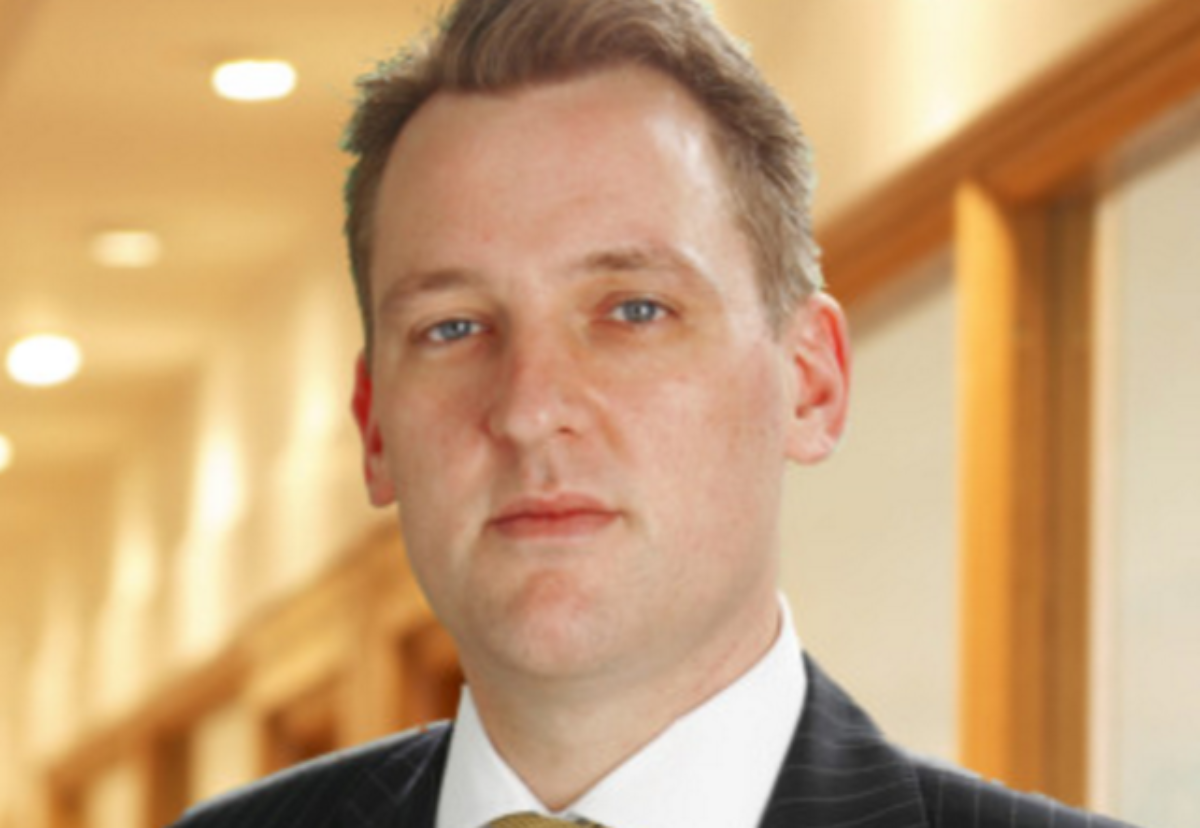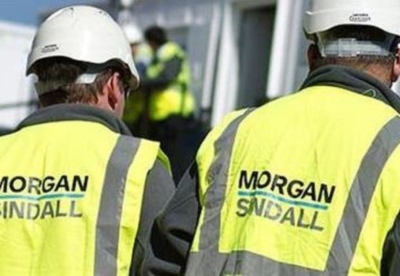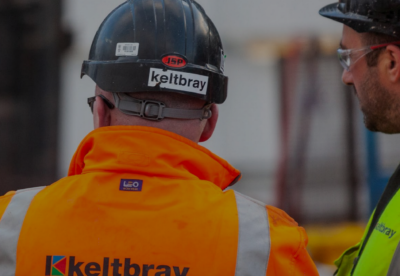Most of the revised hit comes from the Glasgow Recycling & Renewable Energy project, where its contract was terminated in November after project delays.
The cash outflow from problem energy from waste projects has sent Interserve’s average net debt into a spiral.
This has soared from the previously reported £280m to £390m in 2016 and is expected to climb to £450m this year.
The latest revelation of deeper problems at the waste division come as the board searches for a new chief executive.
Interserve announced existing chief executive Adrian Ringrose was leaving to pursue the next phase of his career at the end of 2016.
Ringrose will continue at the helm until his replacement is found.
In a statement this morning, Interserve said that it had further considered the implications of the Glasgow scheme with its legal advisers and the expected lengthy period of litigation.
“Alongside this exercise we have continued to undertake a detailed review of operational developments on the other contracts in our exited EfW business, including the impact of the entering into administration by our principal gasification subcontractor, Energos, together with the likelihood and timing of potential recoveries and claims from third parties.
“In the light of these developments and of the continuing uncertainties in relation to the final conclusion of our EfW contracts, the board has concluded that the exceptional provision of £70m announced in May 2016 is no longer adequate to reflect the incurred and anticipated losses associated with this business.
“Consequently the board has determined that it is appropriate to increase the exceptional provision for exiting this market and the associated contracts to £160m.”
Interserve expects to complete substantially the construction and commissioning of the projects during 2017, but contractual obligations regarding warranties, and resolving claims would drag on.
The firm added that that it remained focussed on managing the challenges of exiting energy from waste projects and pursuing claims from third parties.
Interserve said it had negotiated new banking facilities with existing and new lenders for an additional £66m.
This gave Interserve a total secured, committed debt facility of £573m, which the board considered adequate to meet existing and future commitments.



















































.gif)
